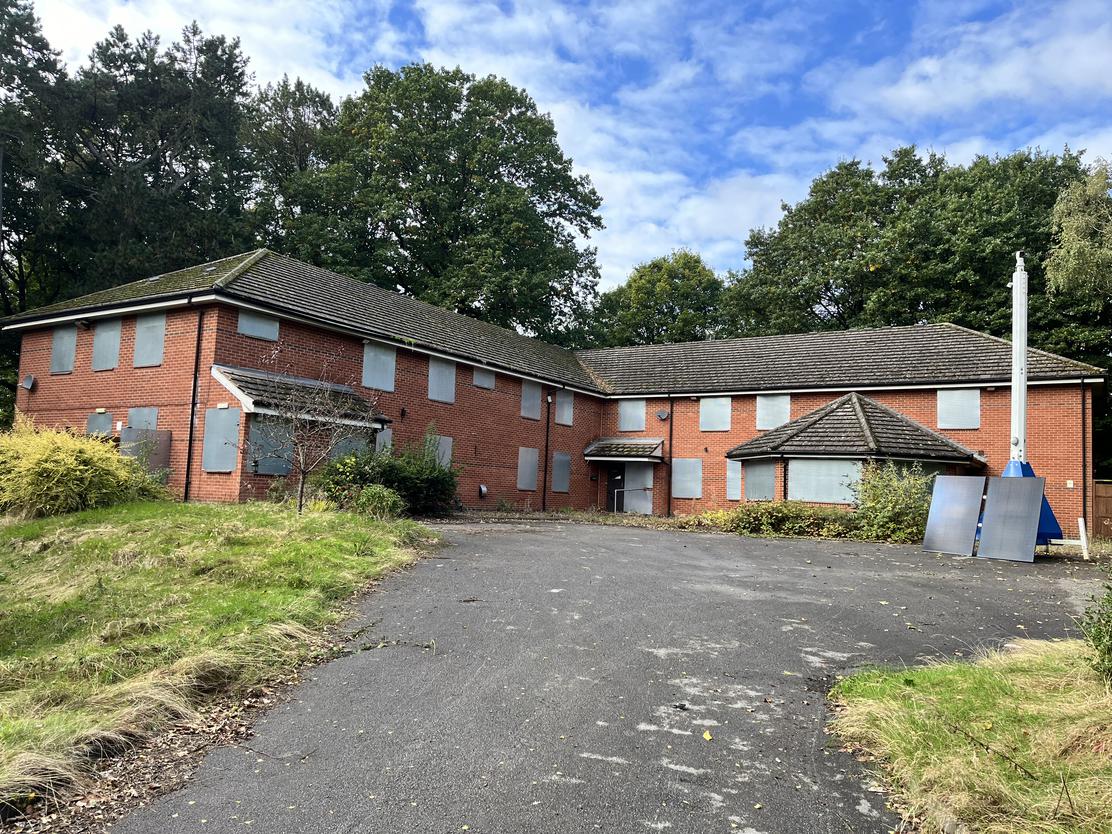Two-thirds of staff admit quality of care and nutritional needs overlooked due to outdated procedures
A new, independent survey has raised concerns from care home professionals across the UK, with 86% saying that vital aspects of care provision are suffering due to outdated and time-consuming procedures, with many staff struggling to fulfil their day to day roles.

The new data commissioned by eProcurement technology firm Zupa also highlights several care management challenges that need to be addressed to improve staff retention, morale and the overall quality of residential care.
The study, which polled hundreds of care home professionals across the country, found that two-thirds of care home staff (66%), admitted the quality of resident care and the ability to cater properly for dietary and nutritional needs, are some of the key areas being side-lined as a result of obsolete practices. The study also revealed that more than half (54%) of care home workers felt staff happiness was overlooked, and 44% of workers attribute the high turnover of staff in the care industry to low levels of pay.
Specifically, 40% of care home workers felt they couldn’t provide the quality of care that they would like to due to the time they spend on admin. Over half (52%) of respondents agreed that care home inspections simply add further pressure to their role, and would welcome a way to improve this process.
More than a third of care home managers (32%) said that keeping up with time-intensive processes like day-to-day menu planning, allergens management, and recording resident data around nutrition and hydration, worries them. A further 41% were understandably concerned about the rising costs of food, energy and inflation, while 30% of care home workers identified supplier issues, food shortages and running out of supplies as a growing concern.
63% of care home managers link much of their day-to-day concerns to the wear and tear stresses placed upon their teams. Lack of staffing and resource continues to be a worry for the sector, with 67% of care workers citing this as a key challenge. Only 6% of care home professionals said there is nothing that worries them in the day-to-day running of their care home.
Lack of time available to improve day to day quality of care is a clear issue. When asked what aspects of their working day they would spend more time on if they could reduce the amount of paperwork, more than half (56%) of care workers say they would like to improve the standard of resident care if they had more time in their day. Likewise, almost half (49%) of care professionals said they would improve staff satisfaction, suggesting that reducing admin would free up more time to focus on staff morale and happiness. A further 49% would like extra time in their day to be more creative with resident social events and 42% of care home professionals said they would be keen to spend more time on individual care planning.
“Caring for the vulnerable and elderly is time-consuming and demanding,” Ollie Brand, chief executive at Zupa explained. “It requires specialist skills and knowledge. This study highlights that care home staff are having to deal with multiple challenges with little resources, and only so many hours in the day.
“There is also a direct correlation between what worries care home staff day to day and the quality of care they are physically able to deliver. Patchy reporting, outdated processes and a heavy reliance on manual updates, simply add to the frustration and puts greater pressure on already stretched staff.”
The research highlights a clear relationship between what aspects of care are being overlooked and what staff would prioritise if they had more time in their day. Almost three quarters (73%), of care home professionals who said they would improve staff satisfaction if they had more time, also said staff happiness is sidelined. A further 55% of those who would like to improve the quality of resident care with more time, also said care quality is overlooked due to time wasted on outdated processes.
Brand added, “Lack of staffing and resource is still a key concern for care homes. It’s clear that in many cases, the adoption of automated, fit for purpose technology could help alleviate many of these days to day pressures and interestingly, those care professionals who said they would implement new technology if they had more time, are most likely to say that staff happiness, the productivity of staff and quality of care are being sidelined.”




